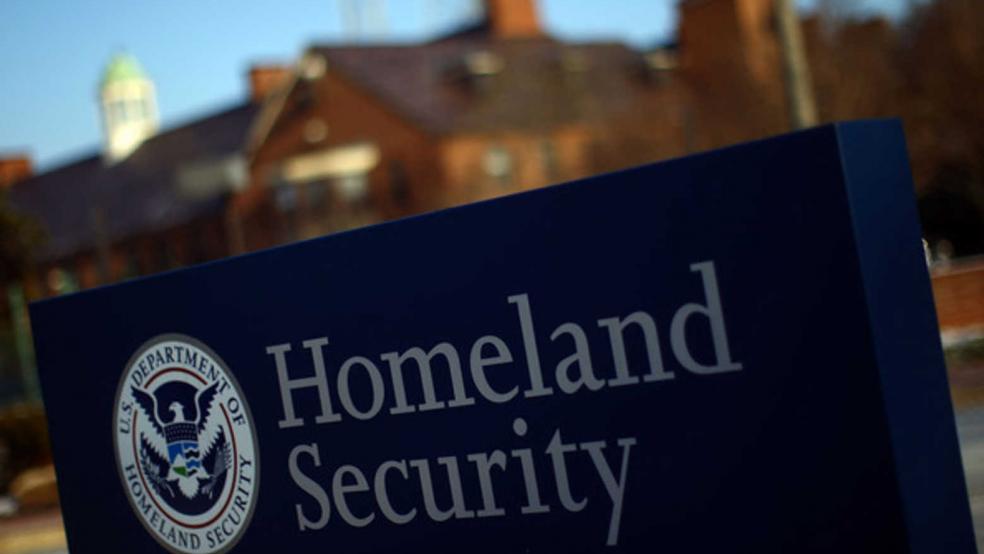The Supreme Court voted 5-4 Monday to allow the Trump administration to start enforcing a new rule designed to screen out immigrants at risk of becoming “public charges.”
The rule, which was scheduled to take effect last October before being halted by a federal judge, will make it more difficult for immigrants to obtain citizenship or residency if they have used food stamps, housing assistance, Medicaid or other public benefits — or if, in the judgment of immigration officials, they are likely to do so in the future.
Any immigrant who has used one or more benefits for more than 12 months in a 36-month period would be ineligible for residency or entry into the country. Immigrants will have to demonstrate that they have sufficient financial resources to keep them from using such benefits in the future. In evaluating immigrants’ financial status, Department of Homeland Security officials will consider a variety of factors, including wealth, age, health, education, language skills and even credit scores.
A more stringent standard: While restrictive rules about “public charges” date to the 19th century, immigrants have typically been denied residency or citizenship only when they have relied on cash benefits from the government as their primary source of income. Critics say the new standard is too severe, and a federal judge in New York described it as “repugnant to the American dream of the opportunity for prosperity and success through hard work and upward mobility.” But the Supreme Court appeared to agree with the administration’s claim that the rule “represents a reasonable and lawful exercise of the substantial discretion Congress has long vested in the executive branch to make public-charge admissibility determinations.”
What’s next: The ruling reverses a lower court injunction halting enforcement of the new standard (except in Illinois, which is involved in separate litigation), but challenges to the legality of the rule continue, and the case could again land before the Supreme Court in the coming months.



